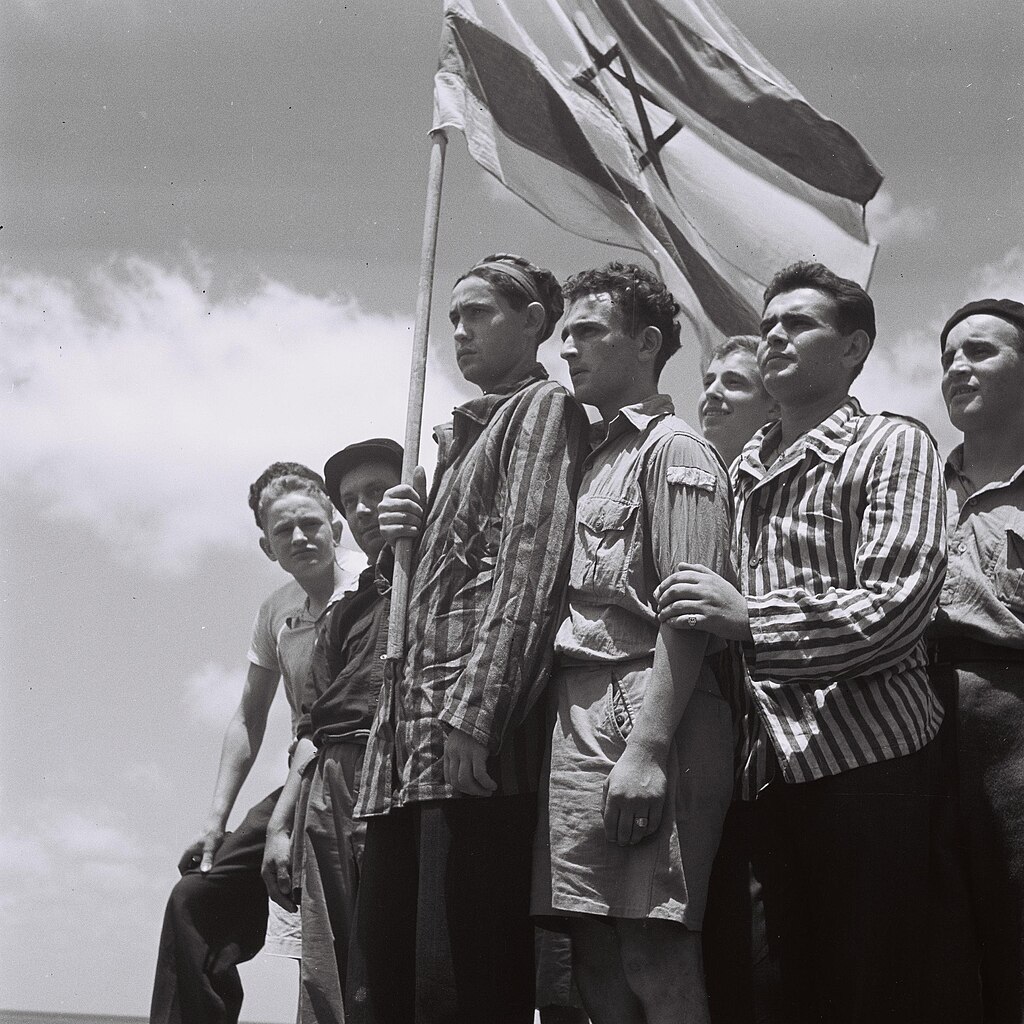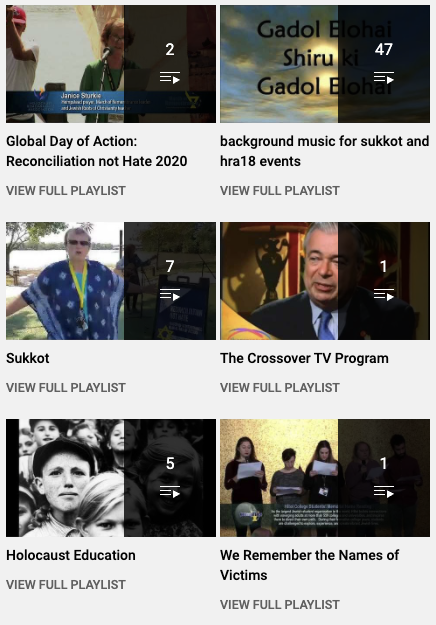September 12, 2025 – Dr. Susanna Kokkonen
Ki Tavo 5785 (2025)
Deuteronomy 26:1-29:8 (Haftarah: Isaiah 60:1-22)
Promised Land
Ki Tavo, the name of this Torah portion means “When you enter.” The sentence relates to the nation entering the Promised Land.
What is so intriguing here is that the nation had the promise but still needed to take possession of it. They must settle in it. This is a larger lesson. So often it seems that even if Gid promised something to someone, they still must make that promise become reality in their lives. So when the nation was coming close to the Promised Land, they still had to settle it.
God had already decided another important thing. He would designate a place where He would put His name and that would become a place of worship. So immediately following the order to settle the land, God gave them a commandment of first fruits. There was a specific place to bring them.
“When you have entered the land the LORD your God is giving you as an inheritance and have taken possession of it and settled in it, take some of the first fruits of all that you produce from the soil of the land the LORD your God is giving you and put them in a basket. Then go to the place the LORD your God will choose as a dwelling for his Name…” (Deuteronomy 26:1-2 NIV)
Tithes
One aspect emphasized in this Torah portion relates to treatment of the poor. This is evident because Moses instructed them to give tithes, and these were not just tithes taken to the temple. These were for the foreigner, the fatherless, and the widow – all of whom would constitute the poorer classes in the society. The Levites were also getting their due because God is their portion and they were working for Him.
“Then say to the LORD your God: “I have removed from my house the sacred portion and have given it to the Levite, the foreigner, the fatherless and the widow, according to all you commanded. I have not turned aside from your commands, nor have I forgotten any of them.” (Deuteronomy 26:13 NIV)
There is the confidence that the nation (or even a person) has if they know that they have followed God’s instructions. This still holds true. In this Torah portion the nation could go to God and ask for a blessing because they had tithed.
“Look down from heaven, your holy dwelling place, and bless your people Israel and the land you have given us as you promised on oath to our ancestors, a land flowing with milk and honey.” (Deuteronomy 26: 15 NIV)
Blessings and Curses
A beautiful passage of the Bible is a description of all the blessings the nation would have if they obeyed God.
“All these blessings will come on you and accompany you if you obey the LORD your God…” (Deuteronomy 28:2 NIV)
All the beautiful blessings were very practical and visible things that related to agriculture, rain, property, and overcoming enemies in a war situation. There is a specific reason these blessings were so visible.
“Then all the peoples on earth will see that you are called by the name of the LORD, and they will fear you.” (Deuteronomy 28:10 NIV)
A strict command to obey follows the description of blessings. If the nation did not obey, instead of blessings they would receive horrible curses. They would even lose the land where God had brought them into.
“However, if you do not obey the LORD your God and do not carefully follow all his commands and decrees I am giving you today, all these curses will come on you and overtake you…” (Deuteronomy 28:15 NIV)
The list of curses is long and detailed. Losing their land would lead to living in exile and there was going to be total fear. A good description of this is where “the terrors that their eyes would see” were going to be so terrible that it would be almost impossible to live amid it.
“In the morning you will say, “If only it were evening!” and in the evening, “If only it were morning!”—because of the terror that will fill your hearts and the sights that your eyes will see.” (Deuteronomy 28:67 NIV)
The Torah portion ends with Moses speaking to the Israelites about the great wonders God had already performed for them. Just like in our lives, these miracles were reminders to encourage them in moments of weakness.
This is a spiritual principle that should be true in our lives as well.
“Moses summoned all the Israelites and said to them: Your eyes have seen all that the LORD did in Egypt to Pharaoh, to all his officials and to all his land.
With your own eyes you saw those great trials, those signs, and great wonders.
But to this day the LORD has not given you a mind that understands or eyes that see or ears that hear.
Yet the LORD says, “During the forty years that I led you through the wilderness, your clothes did not wear out, nor did the sandals on your feet.
You ate no bread and drank no wine or other fermented drink. I did this so that you might know that I am the LORD your God.” (Deuteronomy 29: 2-6 NIV)

Buchenwald survivors arrive in Haifa, 1945. (via Yad Vashem)
Returning to the Land after the Holocaust
The prophetic Haftarah portion from Isaiah is not just spiritual symbolism or a description of the Messiah alone. Amazingly this description also relates to the post-Holocaust days when survivors started coming to the Promised Land following the horrific persecution.
In 1945 following Europe’s liberation, many Jewish survivors tried to return to their former homes. They were not welcome. Their property had been taken over. They often stayed in former concentration camps, in Displaced Persons’ Camps and desperately tried to leave Europe. The State of Israel was born in May 1948 and afterwards they were able to leave and arrive in their own state.
The prophetic portion clearly talks about God’s looking at the land and shining His light on it. But it also speaks very concretely about people coming back to that land from afar.
“Arise, shine, for your light has come, and the glory of the LORD rises upon you. See, darkness covers the earth, and thick darkness is over the peoples, but the LORD rises upon you and his glory appears over you.
Nations will come to your light, and kings to the brightness of your dawn.
“Lift up your eyes and look about you: All assemble and come to you; your sons come from afar, and your daughters are carried on the hip.” (Isaiah 60: 1-4 NIV)
It is true that many gentiles have been helping the Jews to come back to their land. Many Christian organizations have been founded solely to help the Jews to return to the State of Israel. It is so true that this ancient and modern land has been a major blessing in the lives of many nations. Nations have also been blessed based on their treatment of this one chosen nation. The fact that so many gentiles have chosen to help to rebuild the land is a fulfillment of prophecy.
“Foreigners will rebuild your walls, and their kings will serve you. Though in anger I struck you, in favor I will show you compassion. Your gates will always stand open, they will never be shut, day or night, so that people may bring you the wealth of the nations— their kings led in triumphal procession. For the nation or kingdom that will not serve you will perish; it will be utterly ruined.” (Isaiah 60: 10-12 NIV)
New Jerusalem
One of the most mysterious books of the New Testament is the Book of Revelation. What is so interesting is that John, a disciple of Jesus, detained in the island of Patmos, is seeing these amazing visions. He describes what he calls a “New Jerusalem.” The words that he uses are like the words of our text, Isaiah 60.
“The nations will walk by its light, and the kings of the earth will bring their splendor into it. On no day will its gates ever be shut, for there will be no night there.” (Revelation 21:24-25 NIV)
It seems to me that one way or another nations will use their wealth for God’s purposes.
This has certainly already happened in that many individuals and for instance churches have supported and continue supporting projects in the State of Israel. But as far as entire nations are concerned, this has only happened in some rare cases, such as the United States.
Right now it is extremely hard to see how nations’ wealth could go to God’s purposes. What we see is so much terrorism and wars around the world. We also see many nations choosing to attack Israel. We see other nations take the side of the attackers. We see nations understanding the terrorists. It is even possible for us to become depressed. The events unfolding in front of our eyes are even terrifying.
Going back to Ki Tavo, the Israelites had a promise of the Promised Land. But they still had to take possession of it. So it is intriguing to ponder upon today’s world and our role in it.
What would it mean for us to be working for these purposes of God amid this international chaos?
*For an explanation of the terms see the first The Torah Portion Blog.
And God said, “Let there be light,” and there was light.
Genesis 1:3 NIV
Your word is a lamp for my feet, a light on my path.
Psalm 119:105 NIV
Arise, shine, for your light has come, and the glory of the LORD rises upon you.
Isaiah 60:1 NIV
…let your light shine before others, that they may see your good deeds and glorify your Father in heaven.
Matthew 5:16 NIV
Torah Scrolls were attacked and desecrated during the Holocaust. The enduring images of the Kristallnacht (November 9-10,1938) are those of synagogues on fire and Torah Scrolls burning. Some of these desecrated Torah Scrolls disappeared, others were buried. Some were lovingly rescued and are on display in museums in various locations.


